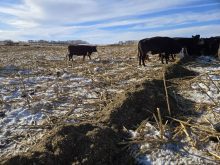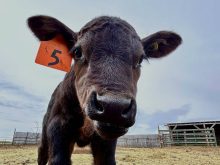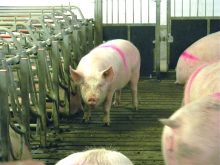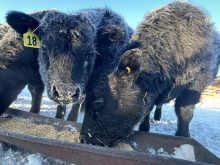Australia suspended cattle exports to its top market of Indonesia June 8 after an outcry over video showing inhumane treatment of cattle there, prompting calls for an outright ban on all livestock shipments.
The minority government has been under pressure to halt the A$320-million (C$330-million) Indonesia live cattle exports after television footage showed cattle being beaten, whipped and maimed prior to slaughter in some abattoirs.
“A sustainable live cattle export industry must be built on the ability to safeguard the welfare of the animals. The trade to Indonesia will only recommence when we are certain industry is able to comply with that,” Australia’s Agriculture Minister Joe Ludwig said. The suspension is unlikely to impact world beef markets and Indonesia, which aims to be self-sufficient in beef by 2014, said it had sufficient meat stocks to last through religious festivals in September, when demand will rise.
Read Also
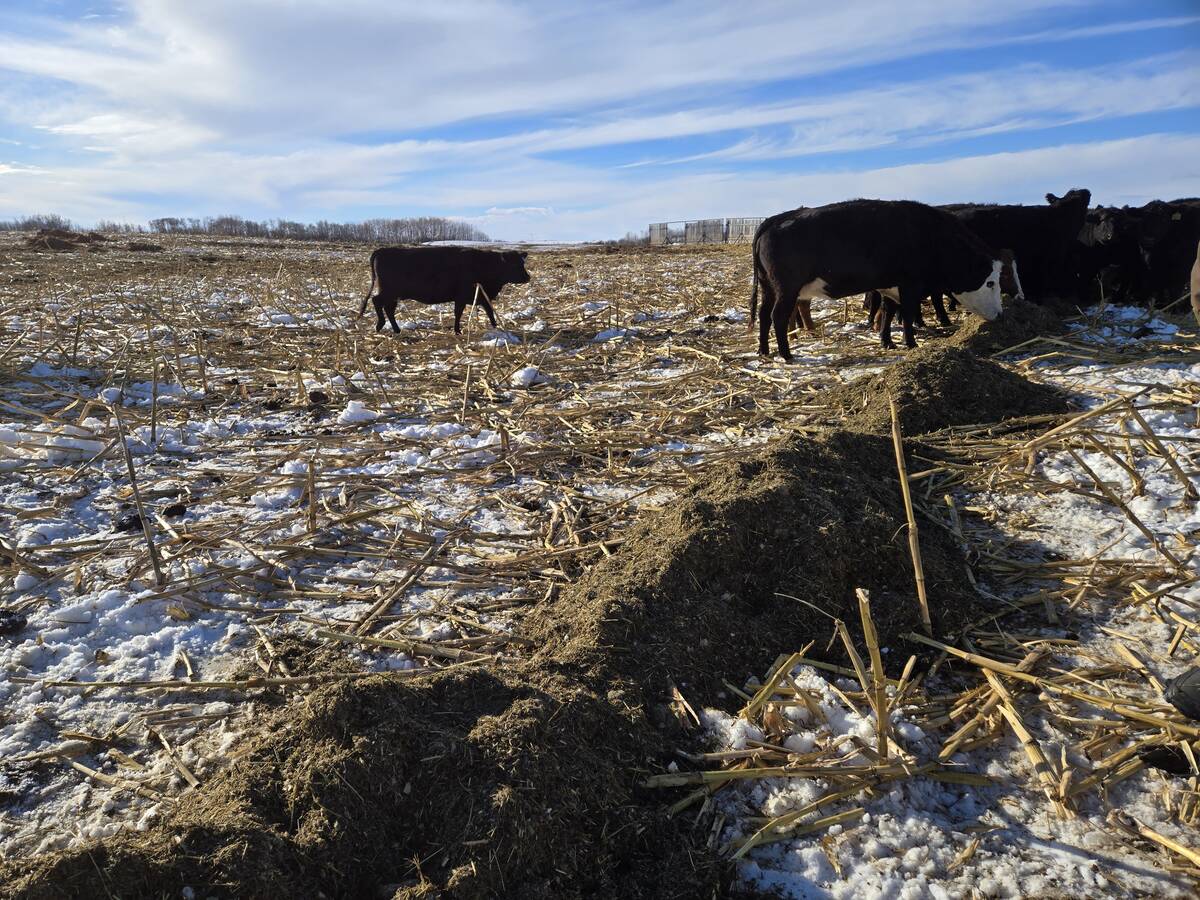
Winter grazing tour highlights cost-saving mix of cover crops and silage
Discover one beef producer’s strategies to slash winter feed costs — and how to make sure it meets a cattle’s nutritional needs.
But Australian ranchers said the decision was already costing jobs and domestic beef prices would fall as the surplus head of cattle is consumed by the local market.
Canberra will impose a six-month initial suspension on Indonesia shipments and the government will also review other animal exports, like sheep, to all overseas markets, including the Middle East, Ludwig said.
Lyn White, who shot the graphic footage and is the campaign director for Animals Australia, welcomed the news of the suspension but said it should have come sooner.
“There has been an extraordinary outpouring of rage that our cattle have been treated like this and have been supplied for such treatment. So this is a first step,” White told Australian television.
The ban is expected to hit Australia’s northern cattle ranchers hard as they supply the live export market.
“Those who’ve had the good fortune to have a good season will try holding those cattle on a little longer in their paddocks,” said Andrew Simpson from industry group AgForce.
Many will be forced to send their cattle to distant abattoirs in Australia’s south, pushing down national beef prices some eight cents/kilo, said a cattle industry analysis.
Ranchers told local radio that the ban was already resulting in job losses in the outback north, with truck drivers and helicopter pilots, used for mustering, laid off.
Australia’s cattle industry put forward a plan aimed at reducing the suffering of animals sent to Indonesia, and said the sudden suspension would cause “huge dislocation” to the cattle industry in northern Australia.
Industry group, Meat &Livestock Australia (MLA), said under its plan cattle would only be supplied to 25 accredited Indonesian slaughterhouses currently meeting World Organization for Animal Health standards.
The previous conservative government banned live cattle and sheep exports to Saudi Arabia between 1991 and 2000 after hundreds of animals died from heat stress en route to the Middle East Gulf.
———
“ThetradetoIndonesiawillonlyrecommencewhenwearecertainindustryisabletocomplywiththat.”
JOE LUDWIG
Australia Agriculture Minister


